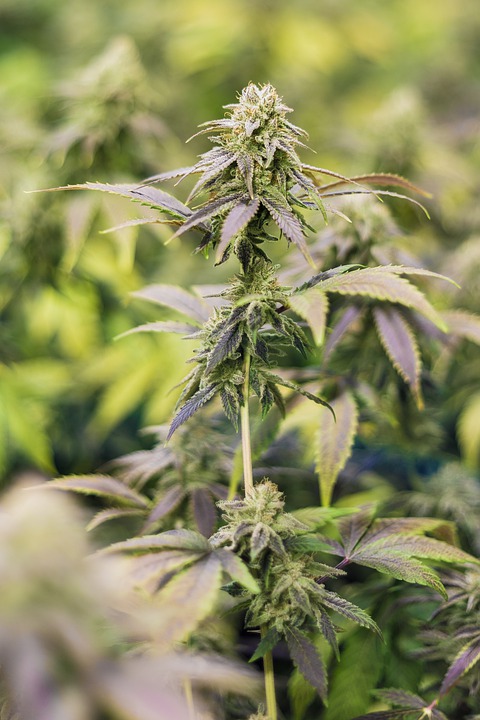Introduction
Hemp cultivation has been on the rise in recent years, with farmers across the country recognizing the potential of this versatile crop. While hemp has long been associated with its psychoactive cousin, marijuana, the cultivation of industrial hemp for a wide range of uses is gaining popularity. In this article, we will explore the reasons behind this trend and how farmers are breaking new ground with hemp cultivation.
Benefits of Hemp Cultivation
One of the key reasons why farmers are embracing hemp cultivation is the diversity of products that can be made from the crop. Hemp can be used to make textiles, paper, biodegradable plastics, food products, and even building materials. With the growing demand for sustainable and eco-friendly products, hemp presents a lucrative opportunity for farmers to diversify their crop portfolios.
Regulatory Environment
While the cultivation of hemp has been legalized at the federal level in the United States with the passing of the 2018 Farm Bill, there are still regulatory challenges that farmers must navigate. Each state has its own set of rules and regulations governing hemp cultivation, including licensing requirements, testing protocols, and THC limits. Farmers must ensure that they are in compliance with these regulations in order to avoid legal issues.
Challenges and Opportunities
Despite the regulatory challenges, many farmers see hemp cultivation as a promising opportunity for diversification and increased profitability. Hemp is a hardy crop that requires minimal inputs and is resistant to pests and diseases, making it an attractive option for farmers looking to minimize risks. Additionally, the demand for hemp products is expected to continue growing, creating new market opportunities for farmers.
Conclusion
As farmers across the country embrace hemp cultivation, they are breaking new ground in the agricultural industry. With its diverse uses and growing demand, hemp presents a promising opportunity for farmers to expand their operations and increase their profitability. By navigating the regulatory landscape and seizing the opportunities presented by hemp cultivation, farmers can position themselves for success in the emerging hemp industry.
FAQs
Q: How does hemp differ from marijuana?
A: While hemp and marijuana are both varieties of the Cannabis plant, they differ in their chemical composition. Hemp contains low levels of THC, the psychoactive compound found in marijuana, while marijuana is high in THC content.
Q: Is hemp cultivation legal in all states?
A: Hemp cultivation is legal at the federal level in the United States, but each state has its own regulations governing hemp production. Farmers must ensure compliance with state laws before engaging in hemp cultivation.
Q: What are some common uses of hemp?
A: Hemp can be used to make textiles, paper, biodegradable plastics, food products, building materials, and even CBD products. The versatility of hemp makes it a valuable crop for a variety of industries.

